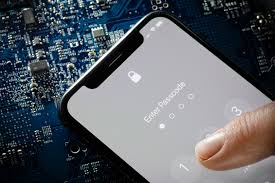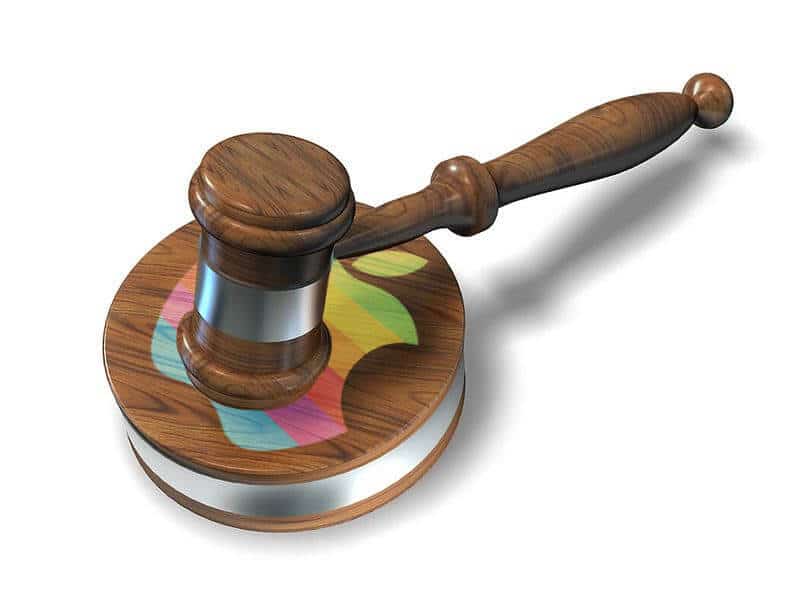In what can only be termed a victory for do-it-yourself handymen, the US Copyright Office has amended the terms of the Digital Millennium Copyright Act to allow for third-party shops to work on and repair iPhones in contravention to Apple’s desires to keep that all in-house.
A win for iPhone users

The changes go beyond just simply repairing the phone. They also allow for a third-party to modify or otherwise hack your phone as well.
Under review from the Library of Congress every 3 years, the DMCA governs much of the use and consumption of digital media in the United States. Apple has long argued that keeping repairs for its iPhones away from third-party vendors ensures that user data is secure and that the product is refurbished appropriately. Naturally, this leads to really high prices if a consumer wants to get their headset fixed at an Apple store, and that situation has led to many third-party shops springing up to offer the Cupertino company some competition.
The #iPhoneXR earned a solid 6/10 on our repairability scale. Watch the complete video teardown to see how we got there: https://t.co/TTEkApmRaJ pic.twitter.com/AzZS8tYagH
— iFixit (@iFixit) October 27, 2018
Specifically, Apple was citing the clause in the DMCA in section 1201 that made it illegal, “to circumvent the computer code that prevents copying or modifying in most software-controlled products — which nowadays includes everything from refrigerators and baby monitors to tractors and smart speakers.” Often this code would be used in sensitive items such as baby monitors and electronic locks but also applies to products like the iPhone.
The broadening of the ruling gives users the ability to modify voice-controlled objects like Alexa-powered devices from Amazon as well as jailbreak new and used iPhones.
There are some odd exceptions to the new ruling. For example, you still can’t repair your own Xbox One or PlayStation 4 consoles as well as some boats and larger equipment. As CNet says in its article citing iFixIts Carl Wiens, “With those few exceptions, the Copyright Office went as far as they could in granting access to the repair community. There are still significant limits, though, that will need to be addressed by Congress,” wrote Wiens. For example, “now that circumvention is required to perform repairs, and most repairs benefit from tools, we need to open up a market for developing and selling those tools.”
The Reactions from Reddit
User reaction on Reddit was effusively positive, with many talking about past practices used by Apple (or suspected) to control repairs of iPhones.

One user said that Apple was “bricking phones that didn’t use OEM replacement screens with a update” which another user ColonelPan1C explained as, “If this is what I think you’re referring to, it’s specifically because the fingerprint reader built into the panel, while compatible, wasn’t ‘trusted.’ I could see how installing a fingerprint reader that isn’t genuine could raise concern over a vulnerability.”
But not all users looked at Apple’s behavior as a sum negative. While many took the opportunity in the comments to evangelize the superiority of the most ubiquitous format on the planet, Android, other savvy users cited Apple’s commitment to data security and user privacy as Cixin97 writes, “Literally the only thing I respect modern apple for. If there is one group that will fight for our privacy its Apple and Tim Cook. Would I be surprised if there are actually NSA backdoors that Apple cannot talk about? No, I wouldn’t be surprised at all. But Apple has the best public track record for privacy among the large companies.”

